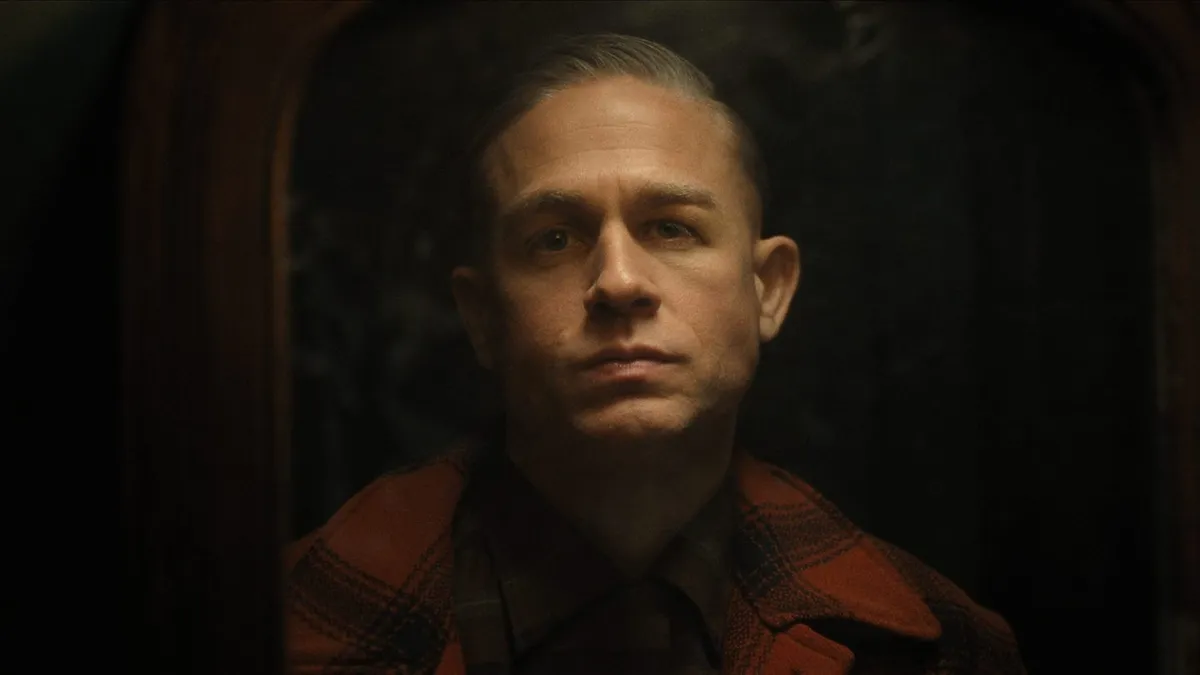
This article contains spoilers from the finale of Monster: The Ed Gein Story. Following previous criticisms regarding the sensational portrayal of murder victims in earlier seasons like Monster: The Jeffrey Dahmer Story and Monsters: The Lyle and Erik Menendez Story, the cast and co-creator of Netflix's anthology series have addressed their intentions for the third season. They hope to spark meaningful conversations through this new narrative.
Charlie Hunnam, who takes on the role of the infamous serial killer Ed Gein, recently shared his thoughts with The Hollywood Reporter ahead of the show's release on Friday. He expressed a desire for audiences to engage with the material, stating, "If people are compelled to talk about it and think about it, hopefully they’ll actually be compelled to watch the show." Hunnam emphasizes that the series aims for a sincere exploration of the human condition, aiming to understand the motivations behind Gein's horrific actions.
Monster: The Ed Gein Story delves into Gein's isolated life in rural Wisconsin, highlighting pivotal events that shaped him. The series portrays the aftermath of his brother Henry's death and the impact of his mother Augusta's passing. Gein, notorious for his gruesome crimes—including murdering women and wearing their skin—also grapples with his mental health throughout the narrative. This season does not shy away from depicting the darker aspects of his life, such as scenes where he engages in disturbing behavior.
Hunnam defended the production, asserting, "I never felt like we were sensationalizing it. I never felt on set that we did anything gratuitous or for shock impact." He insisted that the story is told with integrity and honesty, aiming to provide a deeper understanding rather than glorifying violence. Ian Brennan, co-creator of the series alongside Ryan Murphy, echoed these sentiments, stating, "This show is always trying to not be exploitative." He explained the importance of revealing the entirety of Gein's story, even the difficult parts.
The series also emphasizes the theme of mental health, particularly focusing on Gein's undiagnosed schizophrenia. In episode seven, viewers witness Gein finally receiving a diagnosis and treatment. Suzanna Son, who portrays Ed's love interest Adeline Watkins, shared her feelings about the societal failures surrounding mental health care at the time. While acknowledging the complexity of Gein's character, she stated, "We all have a monster in ourselves that could come out if we didn’t get the things we needed."
Brennan elaborated on how Ed's story is fundamentally about mental illness. He noted, "It was as important for us to show the horror of his inner life... Ed Gein had a different brain." The series connects Gein's psychological struggles to broader historical traumas, such as the Holocaust, which plays a significant role in the narrative. The character portrayed by Vicky Krieps serves as a haunting reminder of these horrors, challenging both Gein and the audience to confront uncomfortable truths.
Each installment of the Monster series raises the question of who the true monster is. This season, a pivotal moment occurs when Ed breaks the fourth wall, directly addressing the audience: "You’re the one who can’t look away." Hunnam hopes viewers will reflect on the complexities of the story, asking, "Is it Ed Gein who was abused and left in isolation... or is the monster the legion of filmmakers who sensationalized his life?"
Brennan further explains the significance of this self-reflective moment in the series, stating, "This is the season that looks at the question most squarely of what happens when you see horrific things." The narrative encourages viewers to grapple with their own fascination with horror and the societal implications of consuming such content. Monster: The Ed Gein Story ultimately invites audiences to consider the morality of their entertainment choices while providing a haunting exploration of a tragic figure in American history.
Monster: The Ed Gein Story is now streaming on Netflix, offering a compelling and thought-provoking take on one of the most notorious figures of the 20th century.